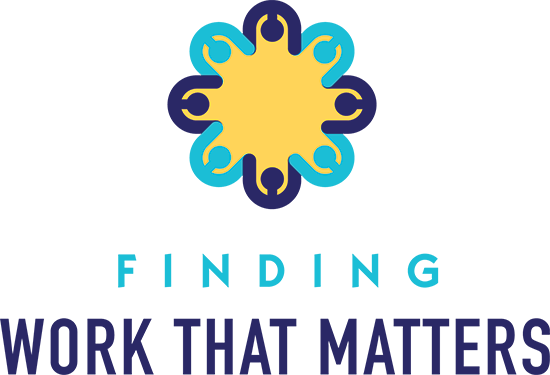Creativity Matters: it matters more than you might think
/Have you ever sat down to write or draw and something more urgent that needs to be done? At this exact moment.
Today when I began writing this blog, I sat down at my computer. Within minutes I was washing dishes. It could have been laundry. Or vacuuming.
It seems I have a particular attraction to distraction.
Facing a blank page or screen or canvas is like looking into the abyss. What am I going to say? What do I have to say?
There is an opposing nudge. My book and fountain pen are never far away and I keep the 2-week schedule for my blog.
On those days when procrastination retreats, I see the 2 forces inside of me. The push-pull I hear from other writers, often with comedic slants.
One quote whose authorship is disputed says, “I only write when I am inspired. Fortunately it strikes every morning at 9.”
What I know for sure is creativity is fundamental to being human.
We all have a deep desire to express ourselves, to tap into our wellspring and bring our own uniqueness out into the world.
When people talk about what is most important for them in the workplace, creativity is often in the top 5.
If we aren’t in the professions, we think of creativity as other: artists, designers, writers, stylists, engineers.
Perhaps we might count ourselves in if we looked at what it really means to create.
According to Merriam-Webster, the definition of creative is ”using the ability to make or think of new things.”
One year when my children were small, I decided to hang a plant out of their reach. Though I had the pot, I no longer had the hanger part. What I did have was leftover speaker wire. From my macramé classes I envisioned how I could wrap the wire to form a hitch I could slide over the ceiling hook. I used metal nuts, leftover from another project, to secure the ends of the wires into the pot – they were small enough to be tucked under the pot rim.
The end result was a subtle, sturdy and classy-looking hanger.
When I looked at my prototype, I had a thought – I am an inventor!
Oh, I didn’t really see myself in that way.
In retrospect, I can see I was solving a problem. Using the skills I had acquired and the material I had lying around, I connected the dots to create a useful item. A new thing.
I didn’t think of myself as a creative type. In fact, when I thought of all of the wondrous creations that were crossing my path, I definitely was not putting myself in that category.
Now I wonder how much I restricted myself with the thought that I wasn’t creative.
What is interesting to me is how the age of technology has helped me rethink about creativity. Though computers have presented many opportunities, I find myself in a whole new realm of problems
Back in the late ‘80s when I worked in publishing, my task was to create a database with 2 purposes: doing mailouts according to Canada Post guidelines and identify subscriptions up for renewal.
What I discovered in the process was:
1. Computers allowed me to do tasks that I hadn’t been able to do easily beforehand.
2. The programs had specific ways of doing things, not necessarily related to what I wanted to do.
I had to figure it out. My work became about solving the problems computers presented.
Not that it was a bad thing. As I solved one problem and moved to the next, I was developing stronger problem solving skills. This also provided a rich environment for new ideas.
This is happening all the time as people go about their dailyness. Developing a system for family activities, especially when 2 schedules merge – for example, a parent driving their child to her soccer game – is vital to keeping life rolling smoothly.
Would you call that being creative?
What if we expanded our beliefs about what it means to be creative? How might this change how we look at ourselves?
Creativity matters because it shifts how we look at something. Even ourselves.
If we looked at ourselves in expansive ways, we would be able to own our gifts and talents and see how imperative it is to take them out into the world. We would see how our particular contributions make a difference. We would see how the problems of the world are exacerbated by our self diminishment.
Creativity is a life changer. And imperative to growth.
How can you make room for more creativity in your life?
Thinking of creativity as the ability to make new things to solve a problem, what have you created? Please share your stories in the comments below.








